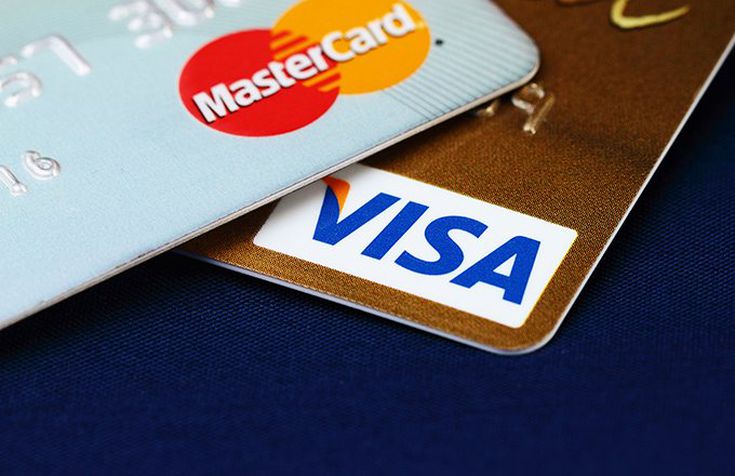After a three-year hiatus, Nigerian banks have resumed international spending on naira debit cards, a move that has met with a mix of applause and cautious optimism. The suspension had followed chronic shortages in foreign exchange, as banks struggled to preserve shrinking dollar reserves.
In response, Nigerians resorted to alternative channels for foreign transactions, often at higher expenses. The reversal allows bank customers to use their naira debit cards for foreign purchases, albeit within capped limits.
From students paying for foreign application fees to small business entrepreneurs making payments for their goods on Temu and Shein, the effects of this policy reversal will be widespread.
Even as this reactivation reflects modest stability in foreign reserves, it also exposes forex availability, inflation and a volatile naira—challenges that continue to dog the economy.
Nevertheless, the country has turned out a medley of initiatives to boost its foreign exchange. The “Naira 4 Dollar Scheme,” for example, promotes remittances by rewarding recipients with additional naira for each dollar received. These policy measures have shored up the naira in the short term, allowing banks to make more forex available to customers for legitimate foreign exchange transactions.
Fintech innovations in Nigeria are providing alternative solutions that ease the forex burden while empowering users. Digital platforms like Flutterwave and Chipper Cash have enabled seamless cross-border transactions with reduced fees, providing small businesses and freelancers with access to international clients without relying entirely on traditional banks.
These fintech services also allow users to hold and transact in foreign currencies, easing the strain on naira accounts while promoting financial inclusion. By partnering with global payment systems and maintaining compliance with anti-money laundering standards, these platforms are supporting a parallel structure to conventional forex management, offering Nigerians a wider range of payment.
Educational institutions and professional organisations have also adapted to forex challenges by introducing flexible payment methods that reduce the stress on students and professionals.
Some universities now accept part payments in local currency while allowing balance payments in forex, reducing the shock of sudden forex demands on families.
Additionally, collaborative programs with diaspora organisations enable bulk forex payments for tuition fees, spreading out the pressure while ensuring students can continue their education abroad.
By partnering with forex advisory firms and NGOs, many Nigerian families are now equipped with knowledge and options to navigate the complexities of paying for international services
While the reactivation of naira debit cards for international transactions is a welcome development, it remains a reminder of the broader need for Nigeria to strengthen its economic stability.
Sustainable solutions such as export diversification, stable monetary policies, and consistent engagement with the diaspora community will help reduce the nation’s forex vulnerability. Banks can also support by providing forex literacy programmes to help customers manage international spending responsibly, ensuring that foreign transactions align with personal and national financial goals.
By building on these measures, Nigeria can create a resilient financial system that empowers its people to participate confidently in the global economy while safeguarding national economic interests.
After a three-year gap, Nigerian banks have resumed permitting international spending using naira debit cards due to previous foreign exchange shortages that restricted dollar reserves. This reactivation allows capped foreign transactions, positively affecting sectors like education and small businesses, although challenges such as forex availability and a volatile naira persist. To address these issues, Nigeria has introduced efforts like the "Naira 4 Dollar Scheme" and leveraged fintech innovations like Flutterwave and Chipper Cash to ease forex transactions and empower small businesses and freelancers by facilitating cross-border transactions with reduced fees.
Educational institutions have introduced flexible payment methods, accepting local currency for part payments and allowing forex balances to ease financial pressures. Collaborative programs with diaspora organizations also assist in managing tuition fee payments. Despite this positive development, there is a continued need for Nigeria to improve economic stability through export diversification, stable monetary policies, and engaging with the diaspora community. Banks can also contribute by providing forex literacy programs to support responsible international spending and fortify the nation’s financial resilience.






